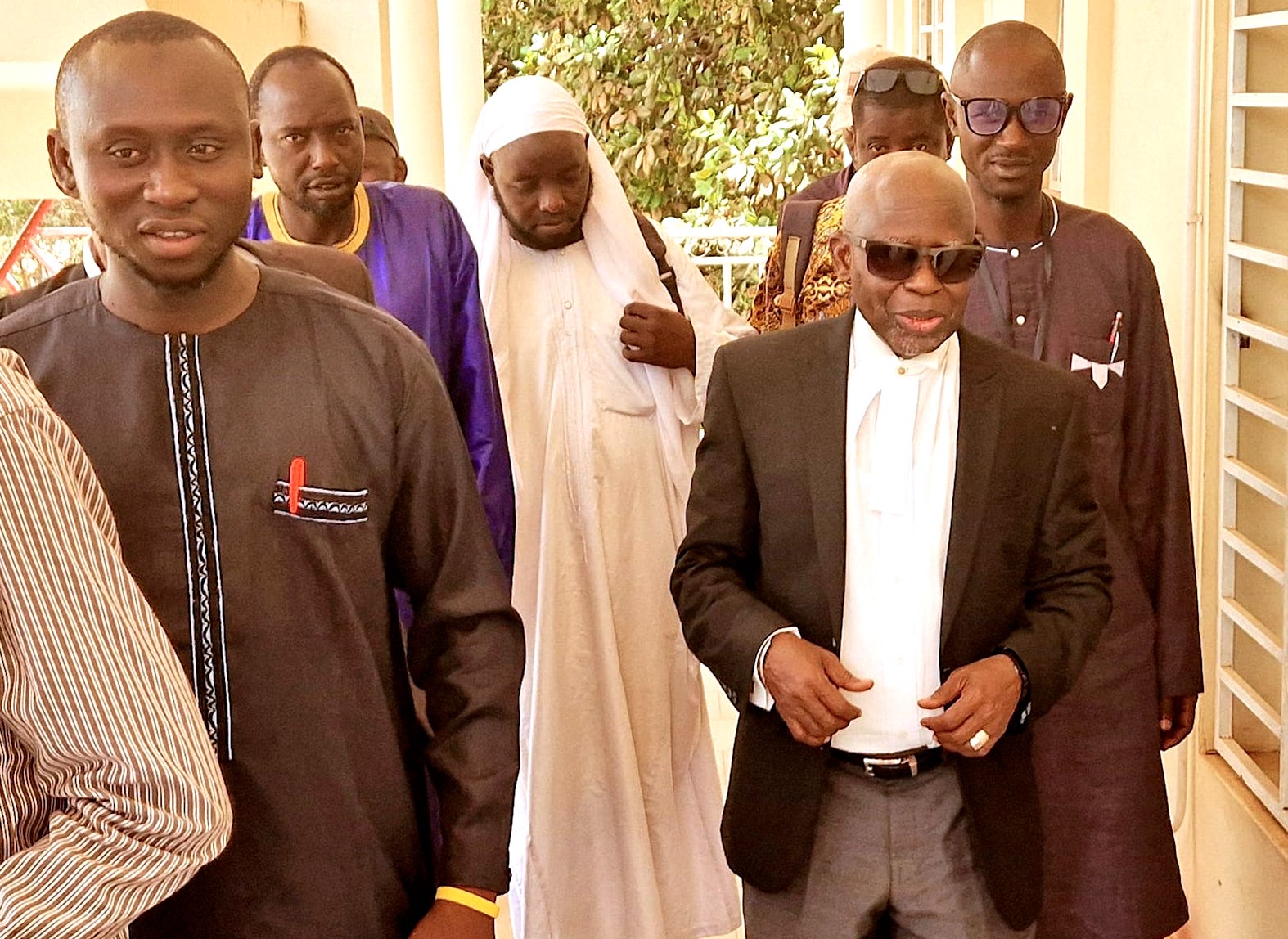Gambiaj.com – (BUNDUNG, The Gambia) – The Bundung High Court, presided over by Justice Aisatou Jallow-Sey, has commenced hearings on five cases filed by members of the United Democratic Party (UDP) challenging the qualifications of regional governors and deputy governors. The plaintiffs, represented by Senior Lawyer Ousainou Darboe, along with lawyers Bory S. Touray and Yakumba Jaiteh, seek to invalidate the appointments of these officials, alleging they do not meet the statutory qualifications required under the Local Government Act.
UDP’s Legal Basis
The UDP members argue that the appointments of the governors and their deputies are unlawful, relying on sections 123, 124, and 125 of the Local Government Act. According to section 123, governors must be civil servants not below the rank of director in the civil service, appointed by the President. The plaintiffs are demanding the court declare these appointments null and void and order the officials to cease performing their duties.
Specific Grievances
Case 1: Saikou Sonko vs. Lamin Saidykhan and Dembo Samateh
Saikou Sonko, Councilor for Sikka Ward in Upper Niumi, filed a lawsuit against North Bank Region Governor Lamin Saidykhan and his deputy Dembo Samateh. Sonko claims Saidykhan was an Assistant Secretary at the Personnel Management Office (PMO), a rank below that of a director. He further alleges that Deputy Governor Samateh was a revenue collector at Kerewan Area Council and retired from that position, making him ineligible as he was not a civil servant.
Case 2: Almamo A.K. Ceesay vs. Seedy Lamin Bah
Almamo A.K. Ceesay, Councilor for Pakaliba Ward and Vice-Chairman of the Mansakonko Area Council, sued Lower River Region Governor Seedy Lamin Bah. Ceesay contends that Bah was actively involved in party politics prior to his appointment and was not a civil servant. Bah succeeded Rohey John Manjang, who became a cabinet minister.
Case 3: Muhamed Fatty vs. Samba Bah and Mamading Ceesay
Muhamed Fatty, a UDP member from Song Kunda Village, challenged Upper River Region Governor Samba Bah and his deputy Mamading Ceesay. Fatty asserts that Samba Bah was previously a deputy governor in the Central River Region and a lecturer at the Gambia College, not a civil servant. He also claims Deputy Governor Mamading Ceesay was a cluster trainer and a classroom teacher employed by the Ministry of Basic and Secondary Education.
Case 4: Sorie Darboe vs. Ousman Bah and Sainey Mbye
Sorie Darboe, Councilor of Bani Ward in the Kuntaur Area Council, filed a case against Central River Region Governor Ousman Bah and Deputy Governor Sainey Mbye. Darboe alleges that both Bah and Mbye were active politicians and not civil servants prior to their appointments. Ousman Bah served as a National Assembly member from 2007 to 2017, while Sainey Mbye represented Upper Saloum constituency from 2005 to 2017.
Case 5: Lamin Dibba vs. Ousman Bojang and Baba Galleh Jallow
Lamin Dibba, Councilor for Pirang Ward in the Brikama Area Council, contested the appointments of West Coast Region Governor Ousman Bojang and his deputy Baba Galleh Jallow. Dibba claims Bojang was in the United States before his appointment and was not a civil servant. He further alleges that Deputy Governor Jallow was a former National Assembly member who contested the last parliamentary elections and lost, with no prior service in the civil service.
Court Proceedings
The hearing began with State Counsel Mariama Koita representing the governors, their deputies, and the Attorney General. The court session experienced a delay as Koita requested an extension of time to prepare and file the defense’s statement. She informed the court of a motion filed on April 24, 2024, seeking additional time.
Lawyer Ousainou Darboe, representing the plaintiffs, noted that he had not been served the motion. Justice Jallow-Sey ordered the Attorney General to serve Darboe within 48 hours, giving him five days to respond. The court has adjourned the case to June 10 at 12:30 PM for the hearing of the motion.
The outcome of these cases could significantly impact the governance structure of The Gambia, particularly the qualifications and appointment processes for regional governors and their deputies.










